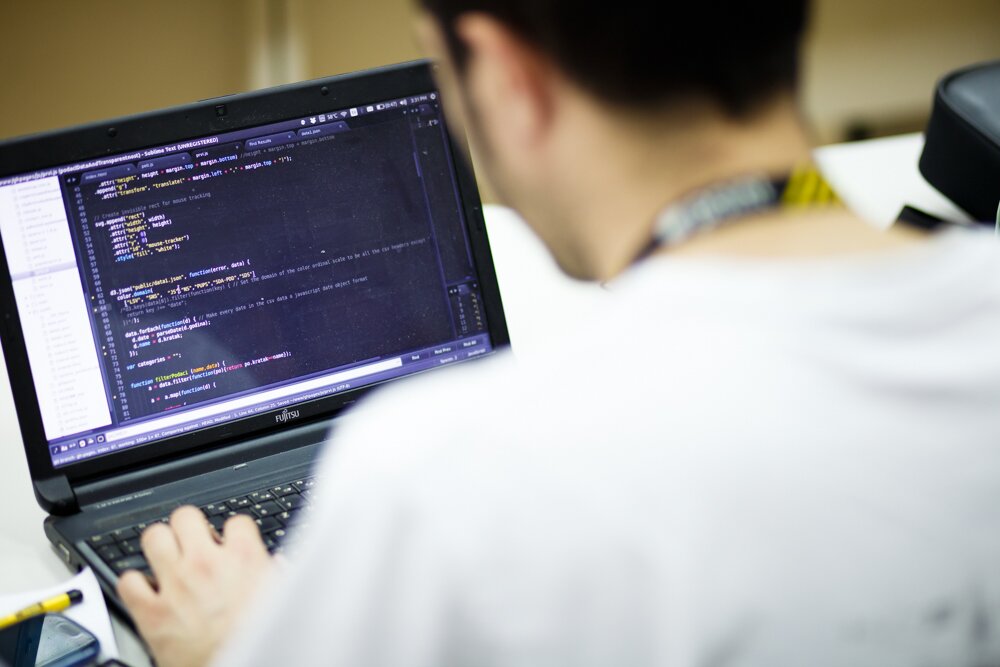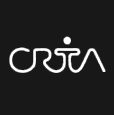News
Écrit par PETAZZI Catherine, Gestionnaire PC2, PC3, Masters Vendredi, 06 Mars 2015 08:37 La répartition des étudiants pour les examens du C2i - 2ème semestre 2014-2015 est affichée. Écrit par PETAZZI Catherine, Gestionnaire PC2, PC3, Masters Mercredi, 18 Février 2015 11:48 Demande de transfert (départ et arrivée) : dépôt au bureau de la scolarité : du 2 mars au 20 avril 2015 inclus- Dossier "départ" : lettre de motivation et pièces justificatives pouvant appuyer la demande ainsi que l'accord écrit de l'université d'accueil- Dossier "arrivée" : lettre de motivation accord écrit de l'université d'origine en vue de l'inscription à l'université de bourgogne Écrit par PETAZZI Catherine, Gestionnaire PC2, PC3, Masters Vendredi, 23 Janvier 2015 10:54 En raison des examens de l'UFR Pharmacie, le cours du vendredi 23 janvier 2015 est reporté au vendredi 20 mars 2015, même heure, même salle. Écrit par PETAZZI Catherine, Gestionnaire PC2, PC3, Masters Lundi, 12 Janvier 2015 08:43 Le cours de l'UE 12 Hormonologie et reproductiton du mercredi 14 janvier 2015 se déroulera à 16h comme prévu initialement Mise à jour le Jeudi, 08 Janvier 2015 16:33 Écrit par PETAZZI Catherine, cialis www.cialisgeneriquefr24.com Gestionnaire PC2, PC3, Masters Jeudi, 08 Janvier 2015 16:28 Le cours de l'UE "revêtement cutané" du mercredi 14 janvier 2015 de 14h à 16h est annulé et reporté au vendredi 16 janvier de 17h à 19h - Amphi courtois Mise à jour le Mardi, 16 Décembre 2014 16:26 Écrit par Lena PERTUY, PC2, PC3, Masters Mardi, 16 Décembre 2014 16:21 Au vu de l'imbroglio causé par la diffusion des notes des contrôles continus, les règles concernant tant les réclamations que la notation sont clairement établies dans le document ci-dessous. Mercredi de 13h30 à 17h00.
Data Academy: Close to Data And Far From the Academy

In August 2014 we started a project called Data Academy. The goal was to teach transparency and accountability organizations in the region how best use data in their work. We embraced the learning by doing approach. Meet-ups and workshops we organized were tool-centric with a different tool and work methods chosen for each organization and data they had access to.
In August 2014 we started a project called Data Academy. The goal was to teach transparency and accountability organizations in the region how best use data in their work. We embraced the learning by doing approach. Meet-ups and workshops we organized were tool-centric with a different tool and work methods chosen for each organization and data they had access to.
We first played with Bosnian elections data during the datathon meeting. World class experts on working with elections data came to Sarajevo and build this thing. They also got their brains around understanding what story (watch the film!) could be told with a smart use of all available data and a very complicated elections system it is organized within. The entire thing was overseen by the leader of the project - UG Zasto ne.
Later on, in December, we gathered a team of trainers and experts and thought about how to shape the rest of the workshops organized in the countries covered by the ACTION SEE Network, Zasto ne’s partners in crime. First one took part in Skopje, then we worked in Podgorica and Belgrade with a final workshop in Sarajevo. Each of the workshops lasted three-days and was lead by regional experts when it comes to the data topic.
The closure of the project was the Data Academy Datathon, a closing event of the POINT 4.0 Conference in Sarajevo on May 23-24. What is a datathon?
In this case Datathon stood for 1,5 days of intense work on whatever could be achieved with a help of specialists hanging out after the conference and staying there to help. I know that in every other case counting on people to simply stay around to support others’ work is a little naive. But in case of tech for good events it really works. And so does flexibility.
Every project achieved its own goals and was approached from a different angle.
Serbian team came to Sarajevo with data scraped, cleaned and refined with a focus on further developing data visualizations on the already existing site. Apart from polishing the code they focused on making their #dataviz work and implementing a little more of a storytelling approach there. One of the key-learnings there was that putting a site up doesn’t really mean that people will use it. Tech project is like every other project, no magic simply happens and you need to think it through: why do you want to do it, what is the behavioral change you’d like to achieve, how will you get there and then measure success. A good way of looking at it is this DIY toolkit on the theory of change. You want to see what they did? Here comes the github repository of the Serbian team code. The leader of the Sauza project, since this is how the site is called, is CRTA - a Center for Research Transparency and Accountability and the ACTION SEE member.
The Macedonian crew also followed a lead of an ACTION SEE member - Metamorphosis, but was composed by a team of social techies - accidental and not.The work here looked different. It wasn’t that much of a question about how to fit technology within the work and goals of a bigger organism. It was more about applying a project strategy to all the code and app related ideas. Macedonian team focused on creating a crowdsourcing app which evaluates few public toilets there are in Skopje. The tool is based on Open Street Map and uses open data on toilets locations. The tool will first create a hype around an issue and help gather the public support for the petition to build more public toilets and better maintain the existing ones. If the goal is achieved, the app will also serve as a guide for the government executing the change. Take a look at what the Macedonian team has up on Github and make sure to check out the graphic materials too!
Last, but not least: Montenegro. Again, what was done here is remarkable and looks completely different from what the other teams achieved. An enormous amount of data on PMs financial statements has been scraped, the most interesting data categories where identified so that this data could be cleaned and refined first. The team then looked at the data and tried to figure out what are the most interesting stories to be found out there and how. The entire documentation of how to clean the remaining chunks of data (as well as all the data available) is documented and well described. Since CDT - the Center for Democratic Transition might not have the capacity to further lead such a complex technology project, the next steps and the needed budget have been clearly defined thanks to the help of one of the project partners: the engine room. After working together with experts on designing and pushing the project through, the organization can now understand what is needed in the similar future endeavours and how to talk to public actors likely to take the project on.
The github repositories of the Data Academy project are to be found here. The project officially comes to an end in May 2015. Contact us if you have any further questions. We are happy to share our knowledge and help conduct similar data-driven projects in the future!
Data Academy is conducted by ACTION SEE network (Accountability, Technology and Institutional Openness Network in South-East Europe) composed by UG Zasto Ne from BiH, CRTA from Serbia, Metamorphosis Foundation from Macedonia and Center for Democratic Transition from Montenegro in partnership with Techsoup Europe. Among other regional projects we have collaborated on the truth-o-meter project, annual POINT conferences and most recently with TechSoup Europe’s communityboostr.org program. Data Academy project along with the data-thon is supported by the US Embassy in Sarajevo.









Facebook comments